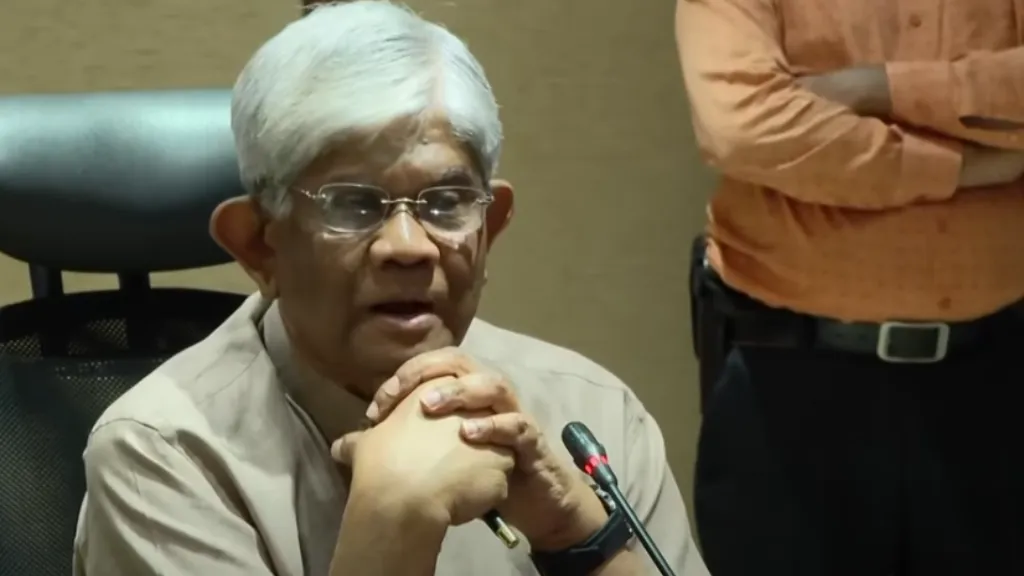Finance Adviser Dr Salehuddin Ahmed said on Wednesday that loan defaulters will not be allowed to run in Bangladesh’s next parliamentary election, scheduled for February 2026.
Speaking at the launch of the “UPension” app by the National Pension Authority at the Finance Ministry, he said the interim government will strictly follow the existing law.
“If political leaders encourage nomination and voting in exchange for money, there is nothing the finance ministry can do,” he told reporters. “But we will give all necessary support to improve law and order so a fair election can be held in February.”
There’s a 1972 law that’s supposed to stop anyone with unpaid loans from becoming a Member of Parliament. According to Salehuddin, while the rule itself is straightforward, it often gets twisted and used as a political tool right before an election.
“The Election Commission should identify the loan defaulters,” he said. As an example, he pointed to former Awami League minister Mahiuddin Khan Alamgir, who served five years despite being a defaulter.
When asked about black money in elections, Salehuddin said the matter has not yet been brought to the ministry. “The Election Commission will consider it,” he said.
He described two parts to the issue — the source of black money and the process through which it enters politics. “The source is now more or less blocked compared to before. Earlier, the same person could be a bank owner, factory owner, newspaper owner, and flat owner. Now there is some check and balance.”
Responding to a comment by National Coordination Party chief coordinator Nasir Uddin Patwary that “there will be no election in February,” Salehuddin dismissed it as political talk.
He recalled his own student activism, saying, “I used to do leftist politics in my student life. I also made many statements like ‘shut down the hall, close the university’. Did they ever shut down?”









